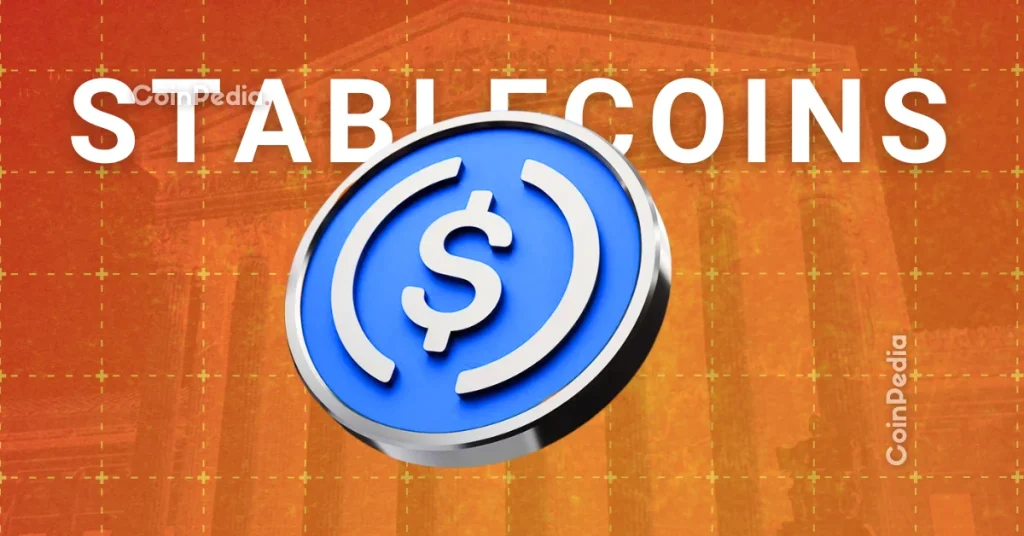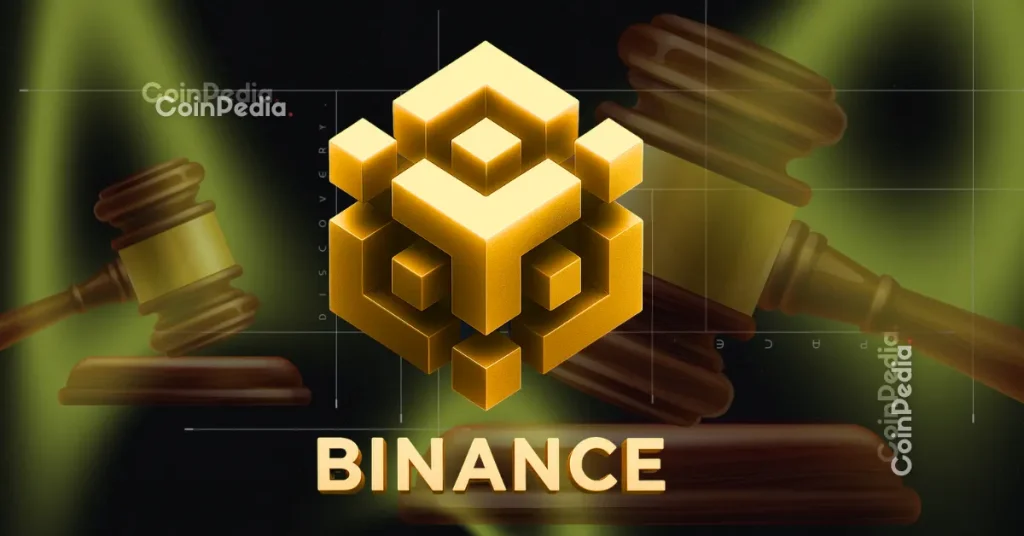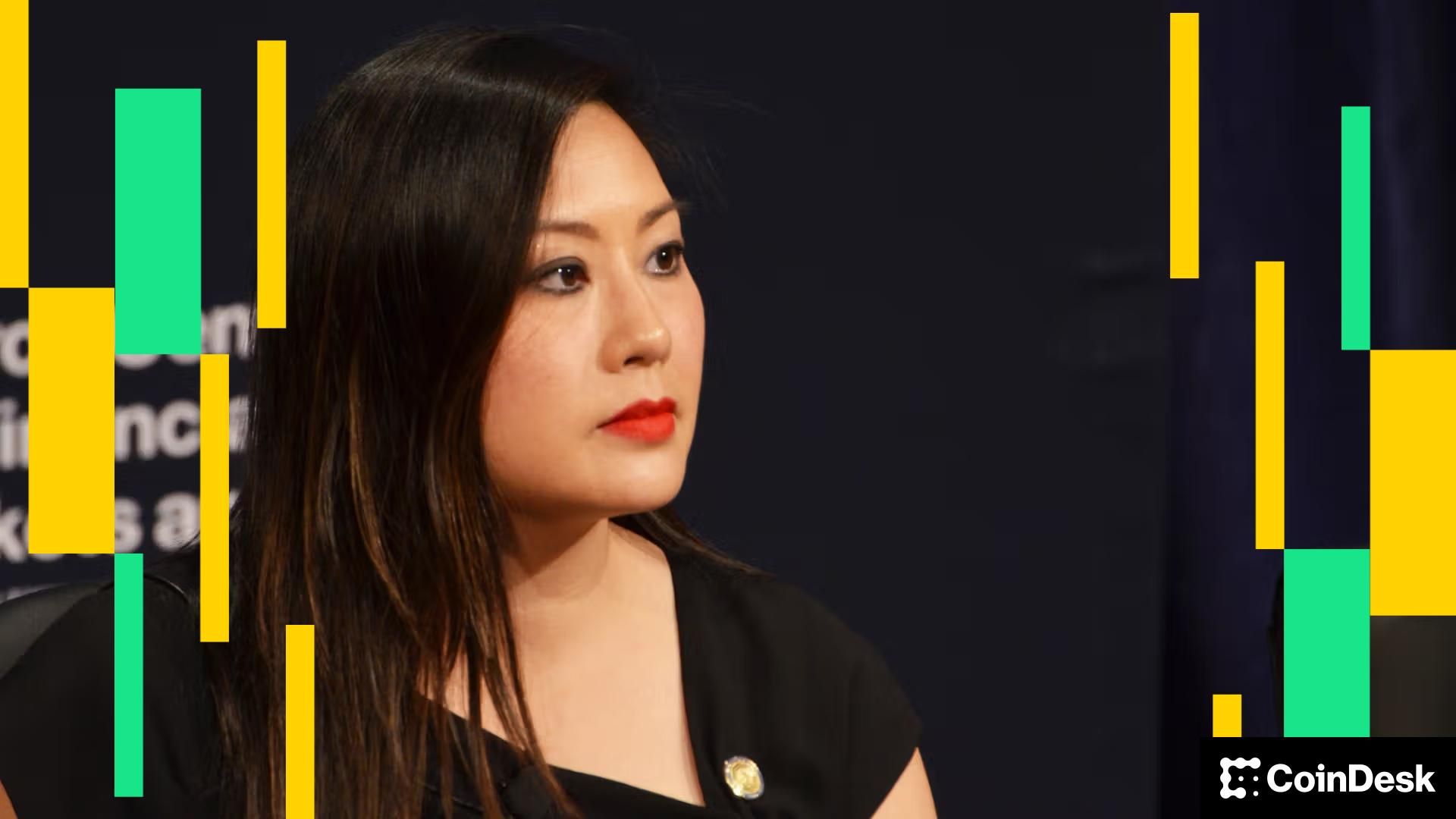In a landmark ruling that reverberates across the cryptocurrency landscape, the co-founder of Samourai Wallet, Keonne Rodriguez, has received a significant prison sentence. This verdict, handed down on November 20, 2025, marks a pivotal moment in the ongoing global debate surrounding digital asset privacy, regulatory authority, and the fundamental right to financial anonymity. The prosecution’s success sends a strong message to developers and users of privacy-enhancing tools, signaling an escalating crackdown on services perceived to facilitate illicit financial activities.
The Verdict: Charges and Implications
Keonne Rodriguez, one of the architects behind the popular privacy-focused Samourai Wallet, was sentenced following a conviction on charges including conspiracy to commit money laundering and conspiracy to operate an unlicensed money transmitting business. Federal prosecutors successfully argued that Samourai Wallet deliberately designed its services, particularly its coin mixing feature Whirlpool, to evade anti-money laundering (AML) and know-your-customer (KYC) regulations, thereby enabling criminals to obfuscate the origins of illicit funds.
- Charges: Conspiracy to commit money laundering, operating an unlicensed money transmitting business.
- Key Feature Cited: Whirlpool, Samourai Wallet’s coin mixing service.
- Regulatory Gap: Prosecutors highlighted the lack of KYC/AML protocols, allowing untraceable transactions.
- Precedent Set: This ruling establishes a significant precedent for developers of privacy-centric crypto tools globally.
Samourai Wallet: A Bastion of Privacy Under Siege
For years, Samourai Wallet has been lauded by privacy advocates as a crucial tool for maintaining financial anonymity in a transparent blockchain world. Its core features, such as Whirlpool for coin mixing and Ricochet for enhanced transaction obscurity, were designed to break the traceable links between transactions, making it difficult for third parties to follow the flow of funds. This emphasis on privacy, however, placed it directly in the crosshairs of law enforcement agencies concerned about its potential misuse by cybercriminals, ransomware operators, and darknet market participants.
The Battle Between Anonymity and Accountability
The Samourai case underscores the deepening chasm between the crypto community’s desire for privacy and governmental mandates for financial oversight and crime prevention. Proponents of privacy tools argue that they are essential for protecting legitimate users from surveillance and censorship, providing a shield against financial profiling. Meanwhile, authorities contend that unchecked anonymity fuels a shadow economy, hindering investigations into terrorism financing, drug trafficking, and other serious offenses. This conflict is not new, but the sentencing of a developer rather than just a user escalates the stakes significantly, blurring the lines between providing a tool and being complicit in its misuse.
Industry Reactions and Chilling Effects
The crypto industry’s reaction has been swift and varied. While some acknowledge the need to combat illicit finance, many privacy advocates express profound concern over the precedent set by Rodriguez’s sentencing. There are fears of a chilling effect on the development of open-source privacy technologies, as developers may become wary of creating tools that could be repurposed for illegal activities, even if their primary intent is legitimate privacy protection. This could push privacy innovation further underground or out of jurisdictions perceived as hostile to such technologies, creating a more opaque and less regulated landscape.
Broader Regulatory Scrutiny on Privacy Tools
This development is not isolated. It comes amid a broader global trend of increased regulatory scrutiny on crypto mixers, privacy coins, and other anonymity-enhancing services. Jurisdictions worldwide are wrestling with how to balance individual privacy rights with national security and anti-money laundering imperatives. Recent actions against other mixers and privacy protocols signal a coordinated effort to control the flow of funds within the digital economy. The Samourai Wallet case serves as a stark reminder that regulators are increasingly willing to pursue legal action against the architects of these technologies, not just the end-users who may abuse them.
Conclusion
The sentencing of Samourai Wallet co-founder Keonne Rodriguez is more than just a legal outcome; it is a powerful indicator of the intensified regulatory environment facing the cryptocurrency space. As governments worldwide continue their efforts to bring digital assets under stricter control, the future of financial privacy tools remains uncertain. This case highlights the urgent need for a clearer legal framework that can distinguish between legitimate privacy protection and tools designed explicitly for illicit purposes, fostering innovation without inadvertently enabling crime. The coming years will likely see continued legal battles and technological evolution at the frontier of digital privacy.
The post Samourai Wallet Co-founder Sentenced: A Defining Moment for Crypto Privacy and Regulatory Oversight appeared first on FXcrypto News.





















 24h Most Popular
24h Most Popular






 Utilities
Utilities